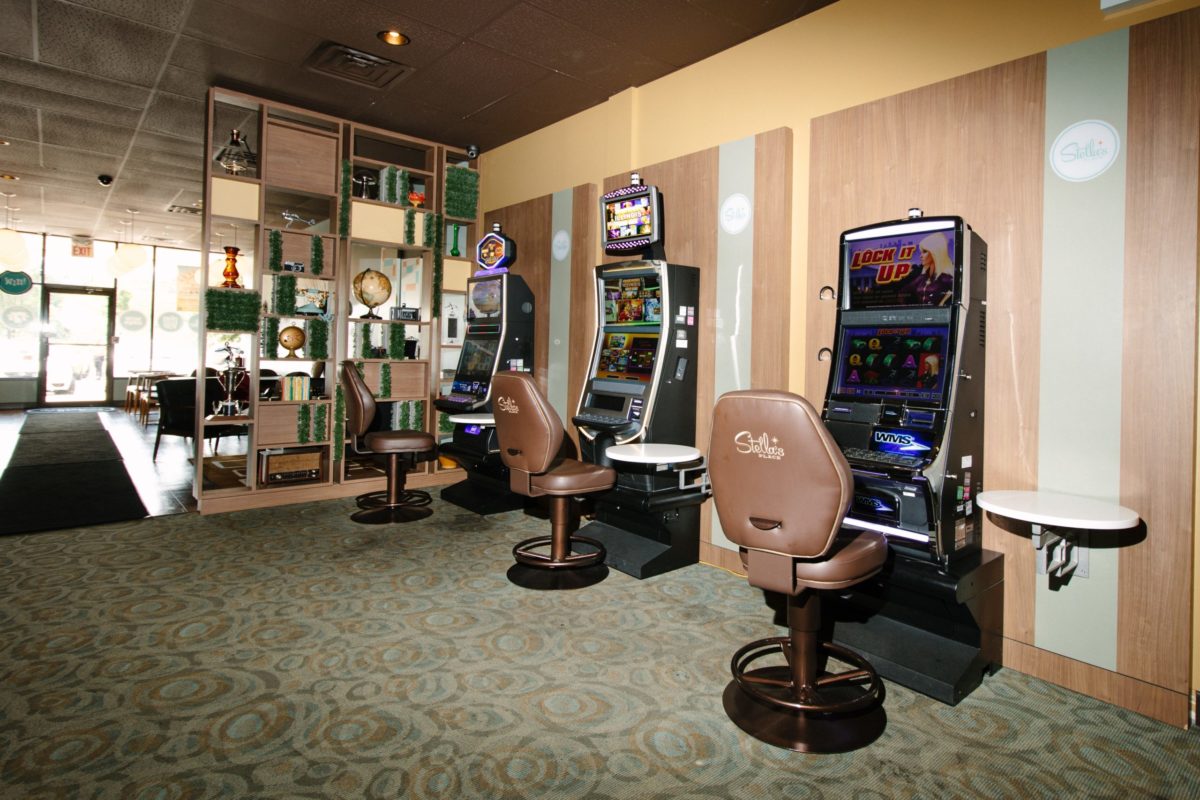A civil lawsuit filed in the state of Illinois is getting intense after Gold Rush Gaming has amended its countersuit against a chain of gaming cafes. Gold Rush Gaming Inc. is a gaming terminal operator, and one of the largest suppliers in the state.
There are several levels to this case, but it all centers around Gold Rush Gaming losing out on business because of what they believe are illegal practices. Gold Rush Gaming is going after Stella’s and Shelby’s, after that chain of gaming cafes was the first to file a lawsuit against the provider.
The battle goes back to 2013 when Gold Rush began securing contracts with Stella’s and Shelby’s locations throughout the state. By the year 2018, these two companies were in agreement at 44 different establishments throughout the state.
An executive from Laredo, Gary Leff, approached Gold Rush Gaming in 2017 about changing the terms of the contract. Gold Rush Gaming agreed to these changes, but they were not aware of why Leff and Laredo wanted these changes made.
When a businessman, Daniel Fischer, paid $2 million to Laredo for the rights to the Stella’s and Shelby’s locations throughout the Chicagoland area, it signaled the beginning of the end for this partnership. The same month that this transaction took place, Gold Rush Gaming was given a termination notice that their services were no longer needed at Stella’s and Shelby’s.
Gold Rush did not go down without a fight, and they refused to remove their games from several locations. That prompted Stella’s and Shelby’s to sue the company in what was just the start of this two-year-long battle.
Just when it appeared that Gold Rush Gaming was set to go down without a fight, new information emerged that caused them to file a countersuit. Gold Rush is now saying that this was all part of an elaborate scheme that was years in the making, and it was all done very illegally.
Gold Rush is claiming that this process violates anti-inducement rules set forth by the Illinois Gaming Board, and that it is also a clear violation of the Illinois Video Gaming Act. This agreement by Laredo, Stella’s and Shelby’s, and Fischer’s company basically creates a monopoly on the industry in Illinois, shutting Gold Rush Gaming out.
Where The Money Goes
When the state of Illinois allowed for these gaming machines to be placed throughout the state, they also created laws and regulations to determine where the money would go. The state has set a tax of 30 percent on all net income from the machines.
Five percent of that tax money goes back into the municipality or town where the gaming machine is located. The remaining 70 percent is split between the video gaming operator and the business that houses the machine.
The agreement that was created as a part of this deal kept 70 percent of the money with the same basic company and left Gold Rush Gaming out of the deal.
The Video Gaming Act was passed in 2009 in the state of Illinois as lawmakers searched for a way to bring in more revenue. The state formed a partnership with Scientific Games, and that company monitors all of the games that are dispersed throughout the state.
Under the Video Gaming Act, retail establishments are able to apply for and receive up to five video gaming terminals. These retail establishments include bars and restaurants, as well as truck stops and fraternal organizations.
Laredo has already appeared in court over video gaming terminals, having challenged the Illinois Gaming Board in 2018. Laredo believed that they should be able to negotiate their own contracts with vendors. Their lawsuit was unsuccessful, and the case was dismissed.




